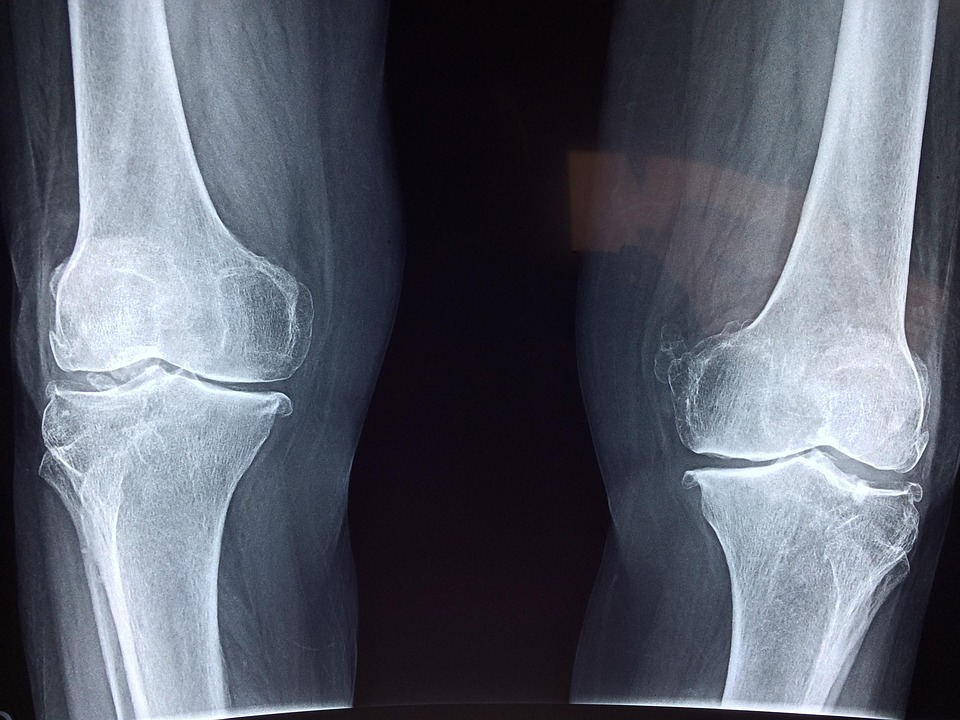In today’s fast-paced world, the intersection of technology and healthcare is not just a trend—it’s a revolution. Innovations are emerging at lightning speed, promising to enhance patient care, improve outcomes, and make healthcare more accessible than ever before. In this article, we’ll delve into the Future Forward: Key Technological Innovations in Healthcare that are shaping the future of medical services, making them more effective and patient-centric.
The Rise of Telemedicine
What is Telemedicine?
Telemedicine allows healthcare providers to consult with patients through digital platforms. This technology enables real-time consultations via video calls, messaging, and apps, breaking geographical barriers and making healthcare more accessible, especially in rural areas.
Benefits of Telemedicine:
- Accessibility: Expert care is just a click away.
- Cost-effective: Reduces travel expenses for patients.
- Convenient: Schedule appointments without leaving home.
Artificial Intelligence: A Game-Changer in Diagnostics
Understanding AI in Healthcare
Artificial Intelligence (AI) is transforming how we diagnose and treat diseases. Through machine learning algorithms, AI can analyze vast amounts of data—from medical histories to imaging results—leading to quicker and more accurate diagnoses.
How AI Enhances Healthcare:
- Predictive Analytics: Identifies potential health risks before symptoms arise.
- Personalized Treatments: Tailors medical interventions to individual genetic makeups.
- Efficient Operations: Automates administrative tasks, allowing doctors to focus more on patient care.
Wearable Technology: Monitoring Health in Real-Time
What is Wearable Technology?
Wearable devices, like smartwatches and fitness trackers, are equipped with sensors that monitor vital signs and physical activity in real-time. These gadgets empower individuals to take charge of their health.
Advantages of Wearable Technology:
- Continuous Monitoring: Track heart rates, sleep patterns, and activity levels.
- Proactive Health Management: Alerts users about potential health issues, promoting timely intervention.
- Enhanced Communication: Shares data with healthcare providers for informed decision-making.
Blockchain Technology: Ensuring Data Security
The Role of Blockchain in Healthcare
Blockchain technology is renowned for its security features. In healthcare, it ensures the safe storage and sharing of medical records, protecting patient privacy while enabling seamless access to necessary information.
Benefits of Blockchain:
- Data Integrity: Minimizes the risk of fraudulent data.
- Interoperability: Ensures that disparate healthcare systems can work together.
- Transparency: Promotes trust between patients and providers.
Robotics: Enhancing Surgical Precision
The Future of Robotics in Surgery
Robotic surgery systems are evolving rapidly, providing surgeons with enhanced precision and control during operations. These technologies enable minimally invasive procedures, leading to faster recovery times and better health outcomes.
Key Innovations in Robotic Surgery:
- Robotic-Assisted Surgeries: Allow for intricate procedures with minimal incisions.
- Remote Surgery: Surgeons can operate on patients from any location, expanding access to specialized care.
- Training Simulation: Robotics helps in training the next generation of medical professionals safely.
Conclusion: Embracing the Future of Healthcare
As we look ahead, it’s clear that the Future Forward: Key Technological Innovations in Healthcare will redefine how we approach health and wellness. From telemedicine to blockchain, these innovations promise to enhance patient care, increase access, and empower individuals to take charge of their own health journeys.
Embrace these advancements, and remember that the future of healthcare is not just about technology—it’s about improving lives. Together, we can look forward to a healthier, more inclusive tomorrow.
Feel free to share this article with your community to spread the word about the exciting advancements in healthcare!











